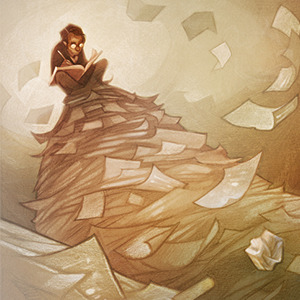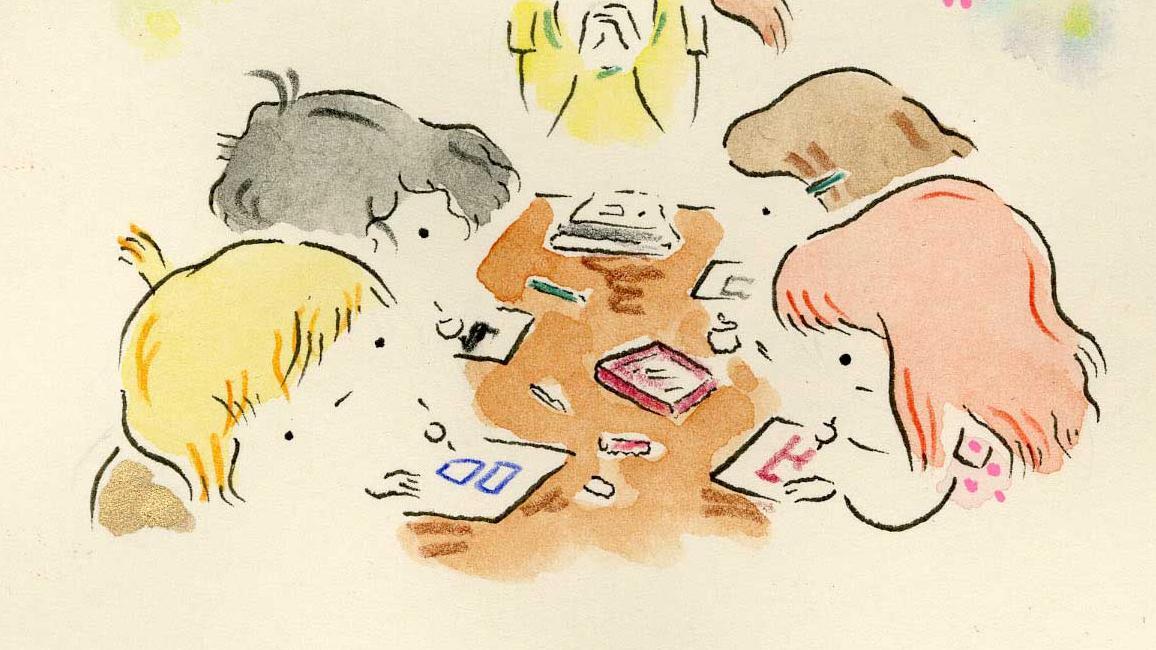What We've Been Watching - January '16
Youth (Dir: Paolo Sorrentino, 2015) I like a slow, meandering, plotless movie more than the next guy (such as Russian Ark), but this pretentious piece of codswallop reminded me of 1980s-era SCTV parodies of similarly aimless European cinema. I thought the symbolism annoyingly on-the-nose and the story structure annoyingly obvious; I was successfully predicting what would happen next. The blinkered view of women, the sentimentality of the ending -- just awful.
Carol (Dir: Todd Haynes, 2015) Stylish, gorgeous, achingly recreated period detail. Wonderful performances. A romance between two women poured into a noirish thriller mold; I kept waiting for something more dire to happen, and pleased that it didn't. And one of the best endings in a movie I've seen for a long time. A piece of writing advice I remember is that the ending of a story is the start of the next; Carol‘s ending had me thinking what that next story would be.
Spectre (Dir: Sam Mendes, 2015). Not as good as Skyfall, but as my friend Scott said, what could be? Gob-smacking set pieces, a leading lady who does not spark off of Daniel Craig the way Eva Green did in Casino Royale, an impossibly accomplished villain in Blofeld, Andrew McCarthy aka Moriarty will always and forever be seen as a psychopath so no surprises there, yet with a return to the Bond "family," which I really enjoy seeing. Spectre felt like the finale to the multi-season arc of a long TV series. I agree with the Atlantic writer who argued that the Bond of the novels was a blunt instrument with no personality and no past; the desire to give Bond a psychology is admirable but kind of misses the point of the Bond character.
Anomalisa (Dirs: Duke Johnson, Charlie Kaufman, 2015) (What's up with the one-word movie titles?) An odd animated piece that, were it a live-action movie, would be rather wet, gloomy, and not terribly interesting. But the movie's radio drama roots and the affectless look of the dolls invite the viewer to actively participate in adding the emotion and motivation. Jennifer Jason Leigh’s voice work was exceptional, with the moment where she sings “Girls Just Want to Have Fun” both funny and heartbreakingly tender. A beautiful moment. Apart from her, though, this struck me as a cold and rather remote movie about an uninteresting man’s midlife crisis.
TV shows we finished
- Aziz Ansari's Master of None was light, enjoyable, and up to the minute with its references to the modern urban/online/digital landscape. It did not deal in cringe comedy, which is a pleasant change from a lot of what we’ve seen lately. One of my favorite episodes showed scenes from the childhoods of the characters' immigrant parents. I responded to Master of None's sensitivity and gentleness. Although Ansari isn't my favorite comic actor, I liked his fast-talking brashness here a lot more than I did in Parks and Recreation; it pairs better with his character’s essential childishness and innocence.
- We're big fans of Sharon Horgan and Rob Delaney's Catastrophe so we watched Series 1 of Pulling, co-written by Horgan for the BBC in 2006. It's a bloke comedy except here it's the women behaving badly: drinking, screwing, miscommunicating, and destroying the lives of everyone they touch. It's harsh cringe comedy with the "no-hugs, no-learning" ethos hugged tightly to its dark heart. If the performers were less appealing, and the comic acting less precise, it'd be tough to take. I’m betting there will be no happy endings here.
- I'm really out of touch with sketch comedy; haven't watched Key and Peele or Mr. Show or any of them. So, we started watching series 1&2 of Inside Amy Schumer and hoo-boy, this is not The Carol Burnett Show. Like the Ansari comedy, the technology and online/urban culture references are pulled from today’s Twitter feed. As with Pulling, lots of cringe comedy and shocking (for us, anyway) subject matter. Amy is a delightful performer. There's usually at least one sketch or moment that saves the show, and that ratio gets better as the series goes along.



 I'm always hesitant when trying new Google products. I didn't try Google's Wave product when it was introduced (and which died a relatively quick death). The company's offhand attitude and abandonment of its Google Reader users really set the warning flag. I don't plan on keeping any notes in
I'm always hesitant when trying new Google products. I didn't try Google's Wave product when it was introduced (and which died a relatively quick death). The company's offhand attitude and abandonment of its Google Reader users really set the warning flag. I don't plan on keeping any notes in 
